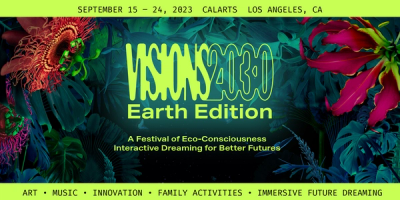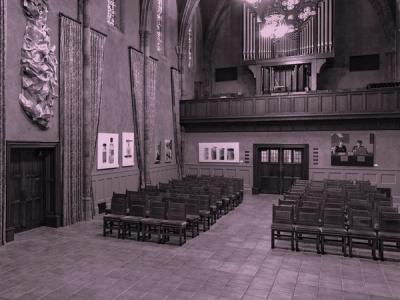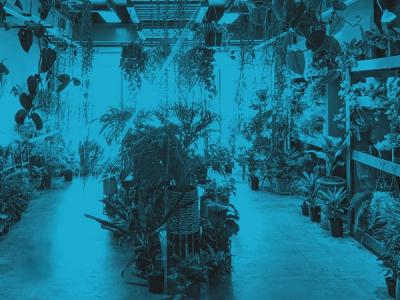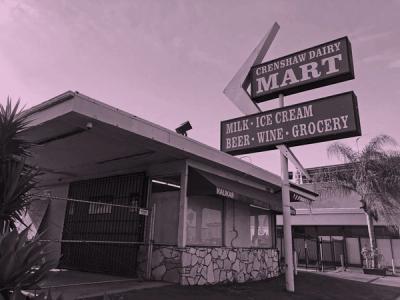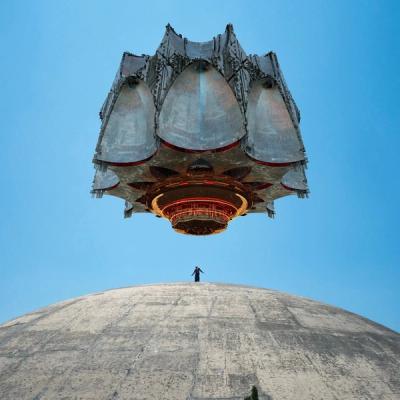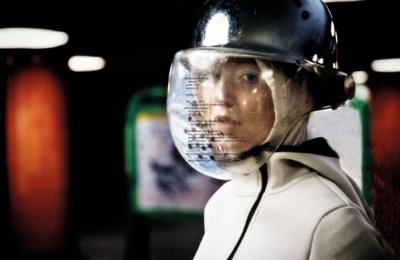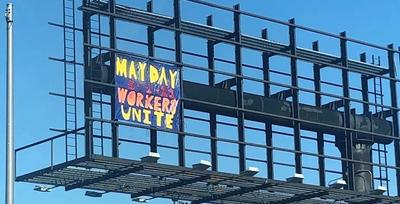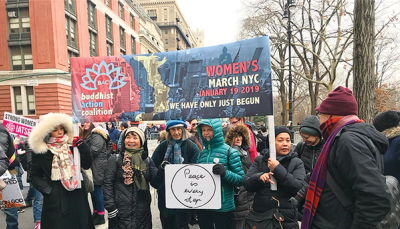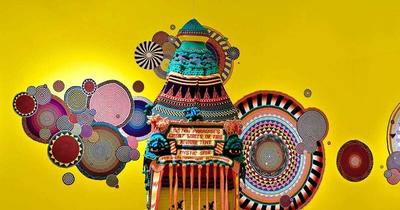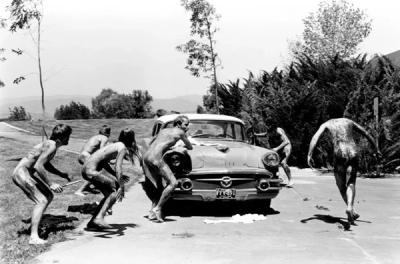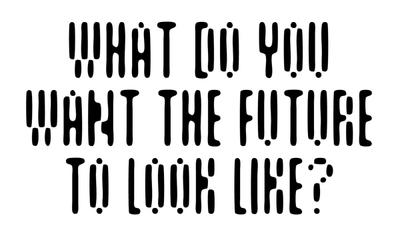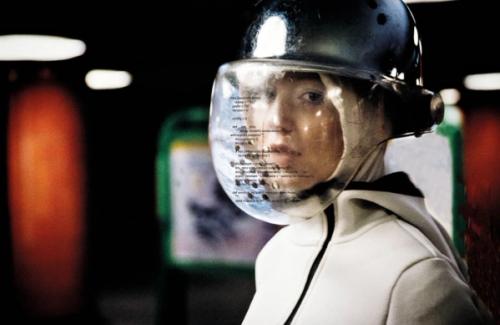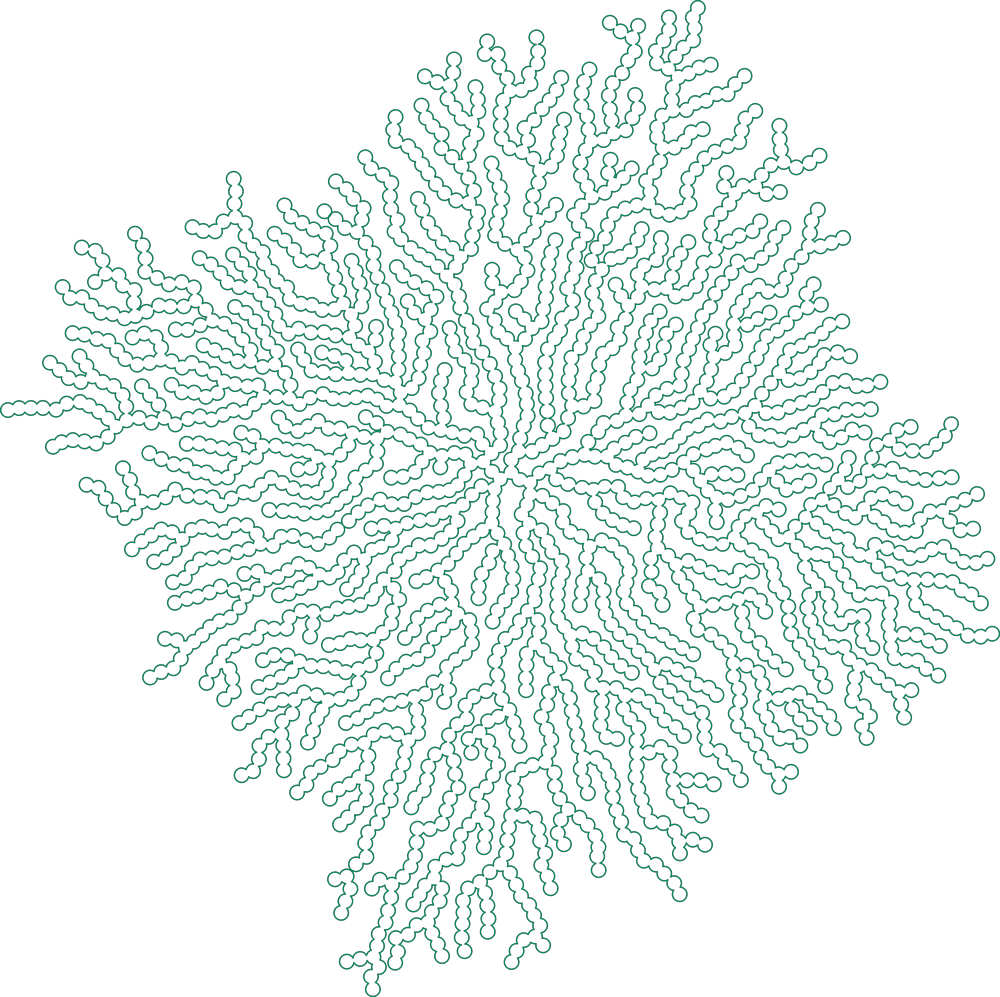
This issue, conceived and edited by us, Visions2030 Asian American Pacific Islander (AAPI) members, was born from anger, fear, and grief.
March 16, 2021 saw the Atlanta spa shootings of six Asian women, rocking the Asian community. Throughout 2020, harassment and violence against Asians was experienced across the U.S., spurred by references to “the kung flu” and “China virus.”
Immediately after the Atlanta incident last spring, Visions2030 put together a statement in solidarity, including links for action. But it felt like we should do more. Merely celebrating Asian American Heritage Month didn’t address the richness of AAPI creativity year round.

Vishal K. Dar, Storm Deities (Maruts), installation with computer controlled beams of light and reflection pool, 2016. Courtesy Shanghai Biennale and the artist.
We asked where the future of Asian America crosses Visions2030’s mission to unleash imaginings toward new paradigms of society. And who better to imagine a cross-class, intergenerational, and multi-racial future than our creative writers? Here we’re presenting an eclectic sampling: an activist/novelist’s address at a New York City march; a writer/cultural leader’s ruminations about the role of the literary; a cross-disciplinary theorist’s soundtrack transformed into a short film.
And while selecting images for this newsletter we grappled with our own concepts of Asian futurism. Should visuals reflect a way to reclaim the essence of a lost past or road not taken? Or should they be a way of integrating the histories we have lived with the destiny we want? How has an Asian future been shaped by the diaspora, by Westernization or globalization? The pictorial story told here represents utopian views grounded in Asian poetics and aesthetics. Our mirror of the future is collaborative (many of these images were co-creations) and in tune with the flows of nature and with our integrated dualities.
Our AAPI future has space for us, is centered in comforting familiarity, and evokes liberating new perspectives.
Our AAPI future has space for us, is centered in comforting familiarity, and evokes liberating new perspectives.
Ask a Chinese Question, Get a Black Answer is a 9-minute episode of the Hulu original program Your Attention Please: Initiative 29, which features innovative Black contemporary stories.
Tao Leigh Goffe is a writer, DJ, and Assistant Professor of Literary Theory and Cultural History at Cornell University in the Departments of Africana Studies and the Program in Feminist, Gender, and Sexuality Studies.
The history of racial violence is something I confront everyday in the colonial archive where I read records of the abuses of exploited Asian laborers in the Americas. The pain of the Atlanta murders loomed over this episode’s production. It was on the forefront of mine and the director's minds. Carmen LoBue, who is Afro-Pilipnx, and I talked about how to grapple with anti-Black and anti-Asian trauma while also honoring the vibrant sociality of Afro-Asian life. Ask a Chinese Question, Get a Black Answer is a reminder that solidarity is a matter of politics and family for those for whom Black and Asian are not mutually exclusive categories of identification.
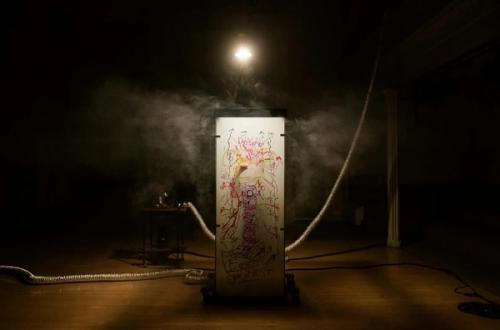
Aki Sasamoto, Phase Transition, 2020. Commission by Danspace Project, photo by Ian Douglas. Courtesy the artist,
Cover Image: Shu Lea Cheang, FLUIDØ, film still, 2017. Photo by J.Jackie Baier. Courtesy the artist.












